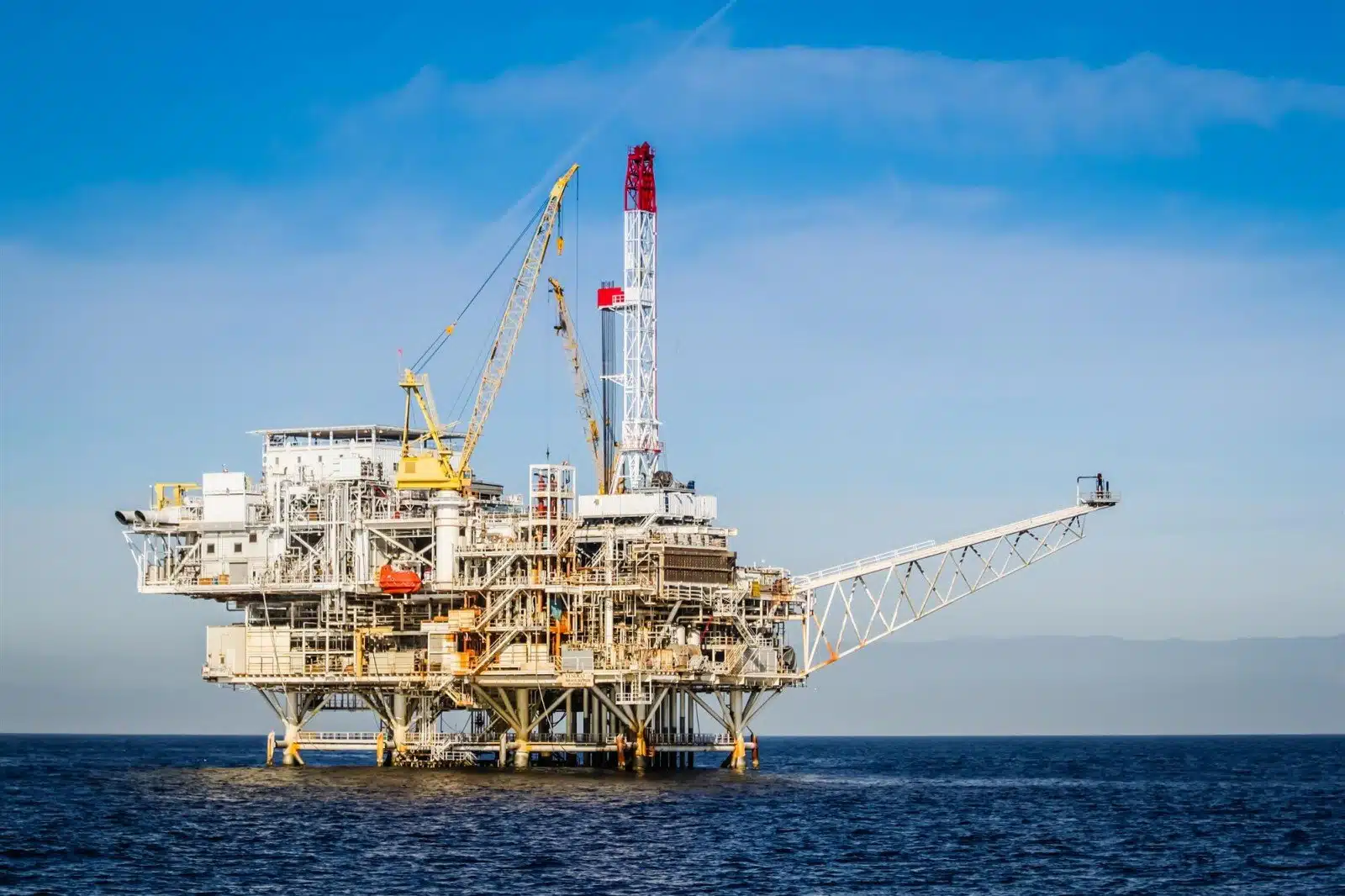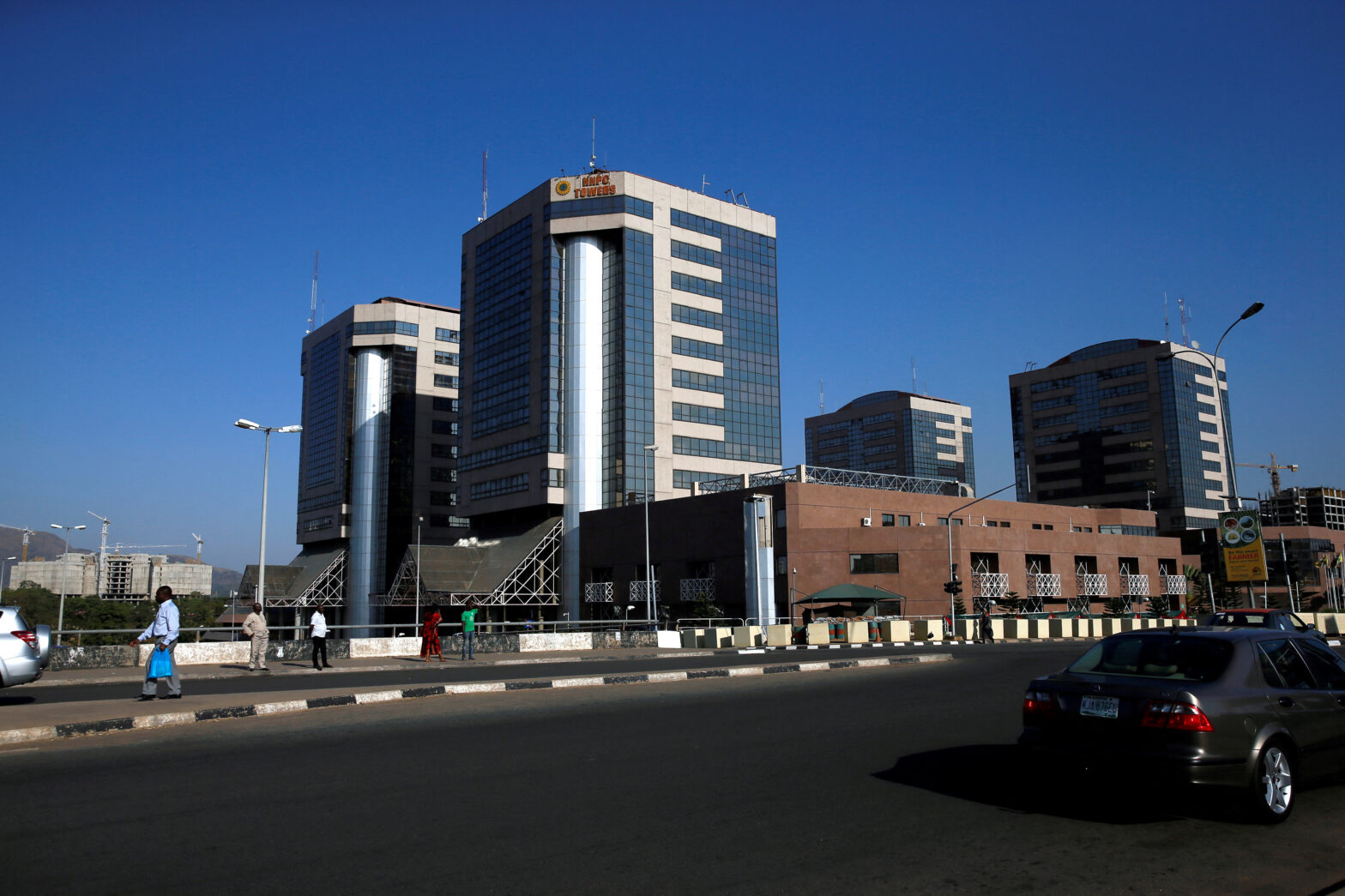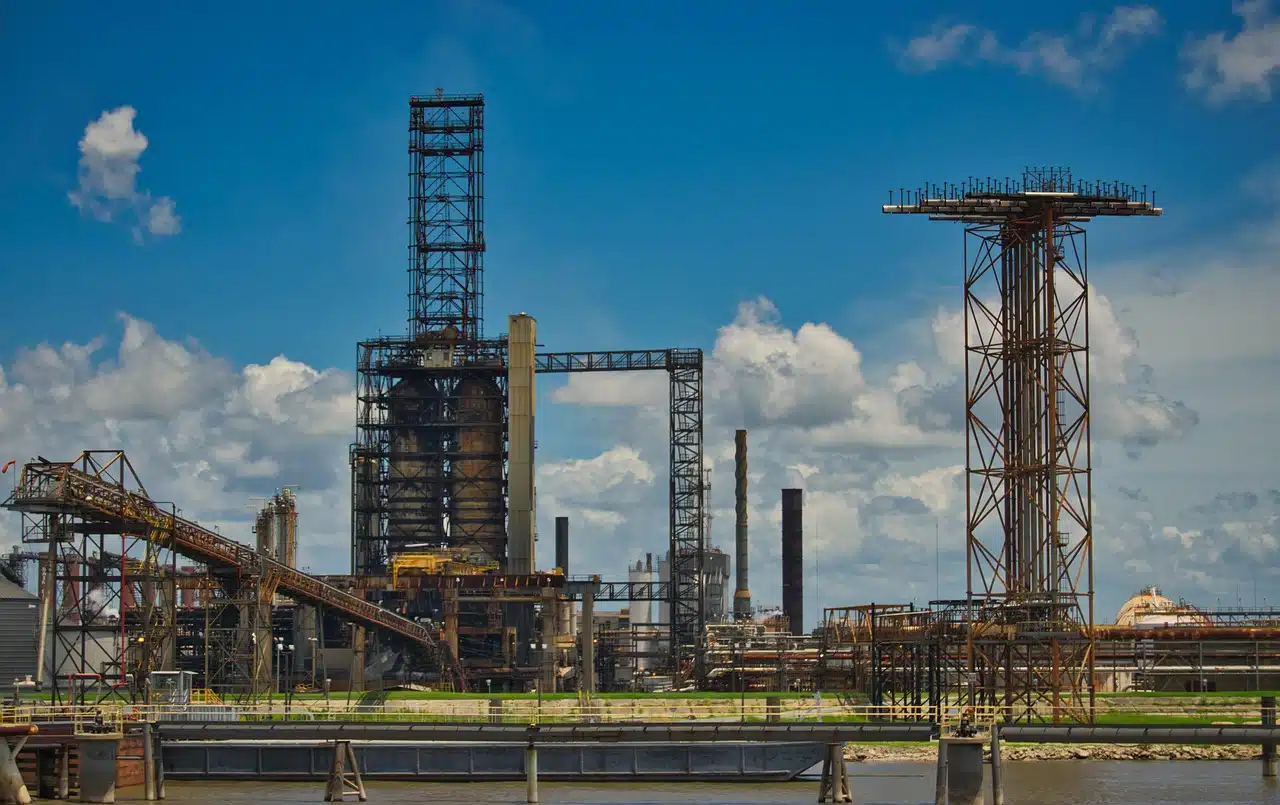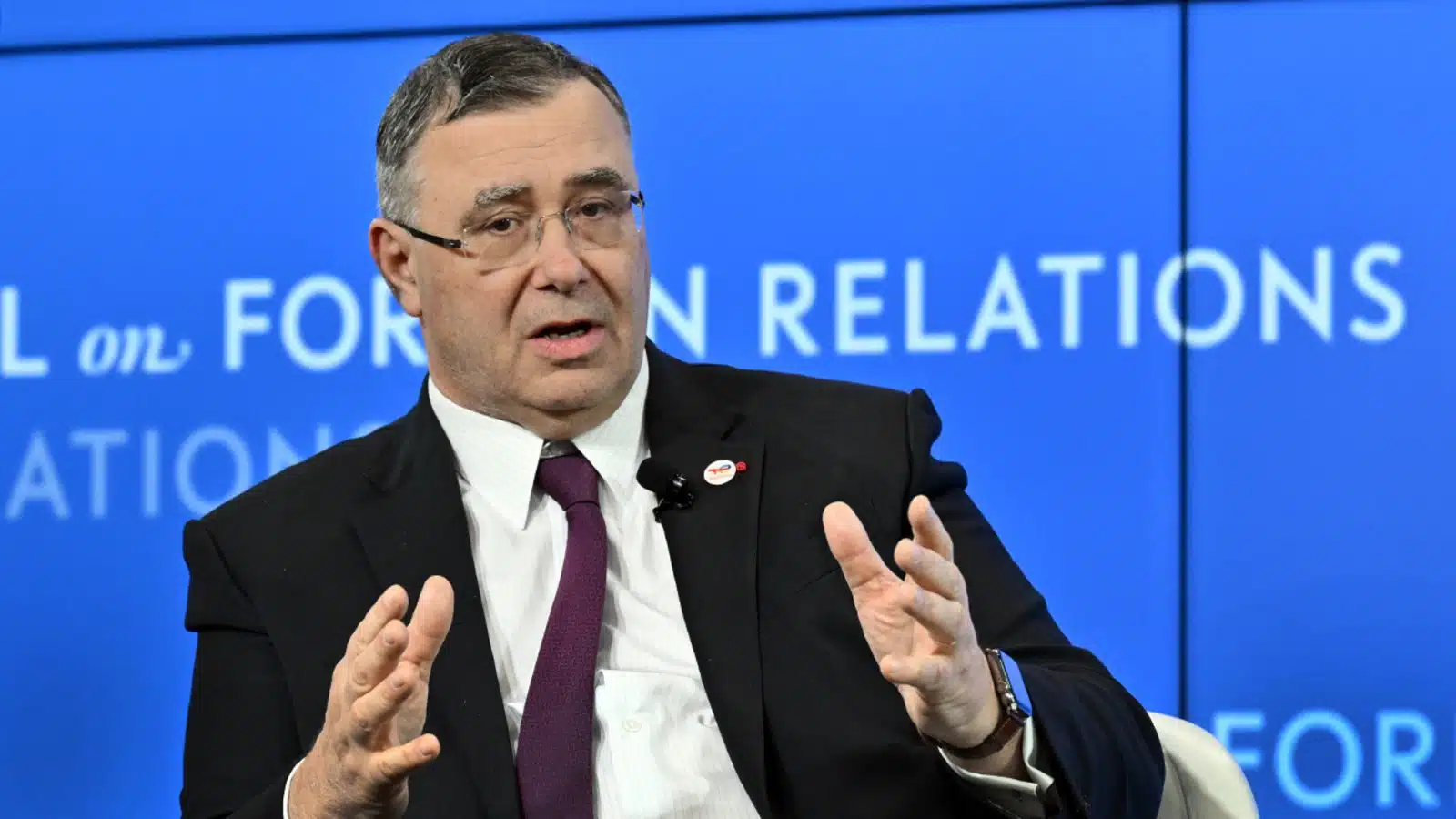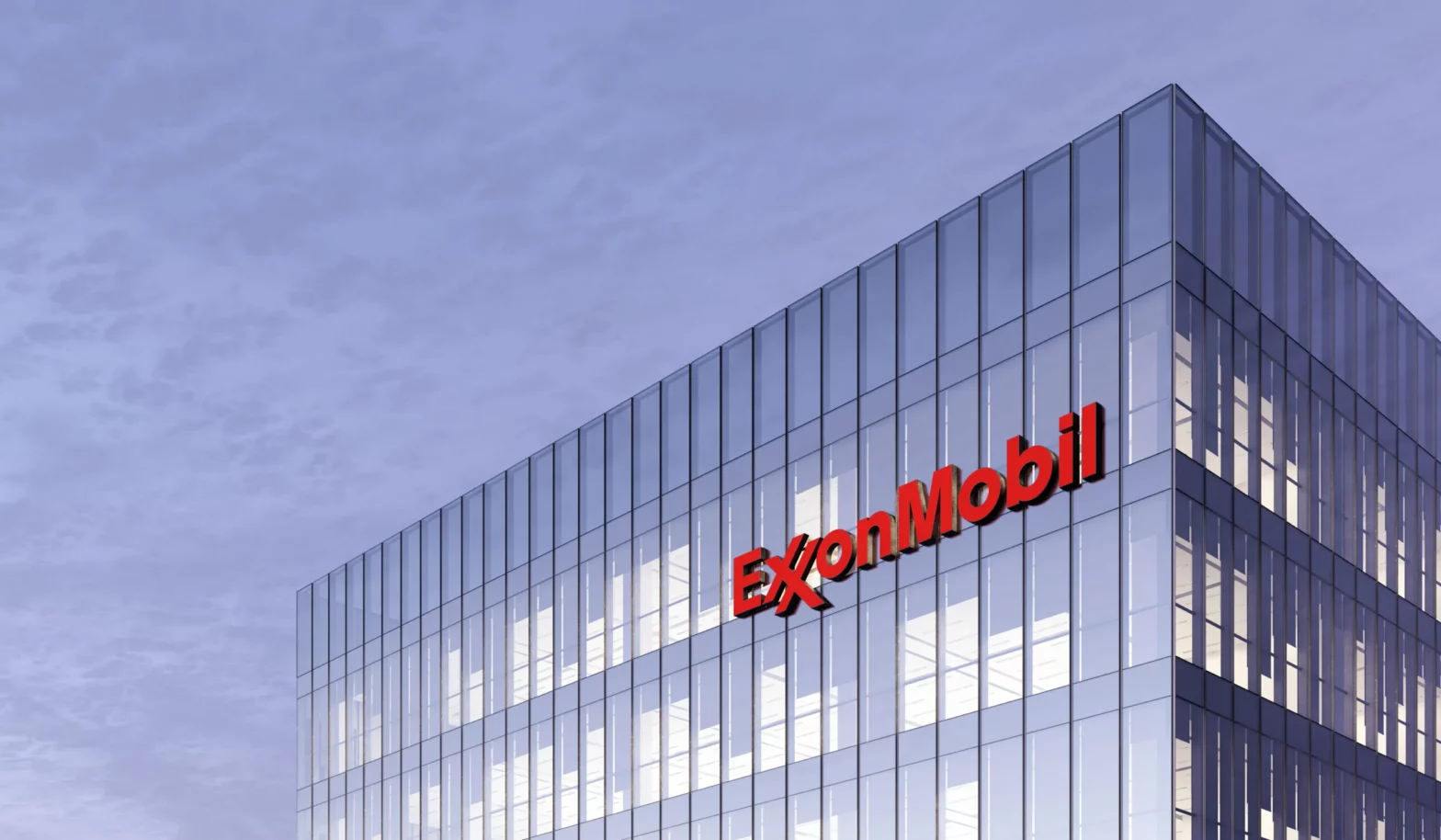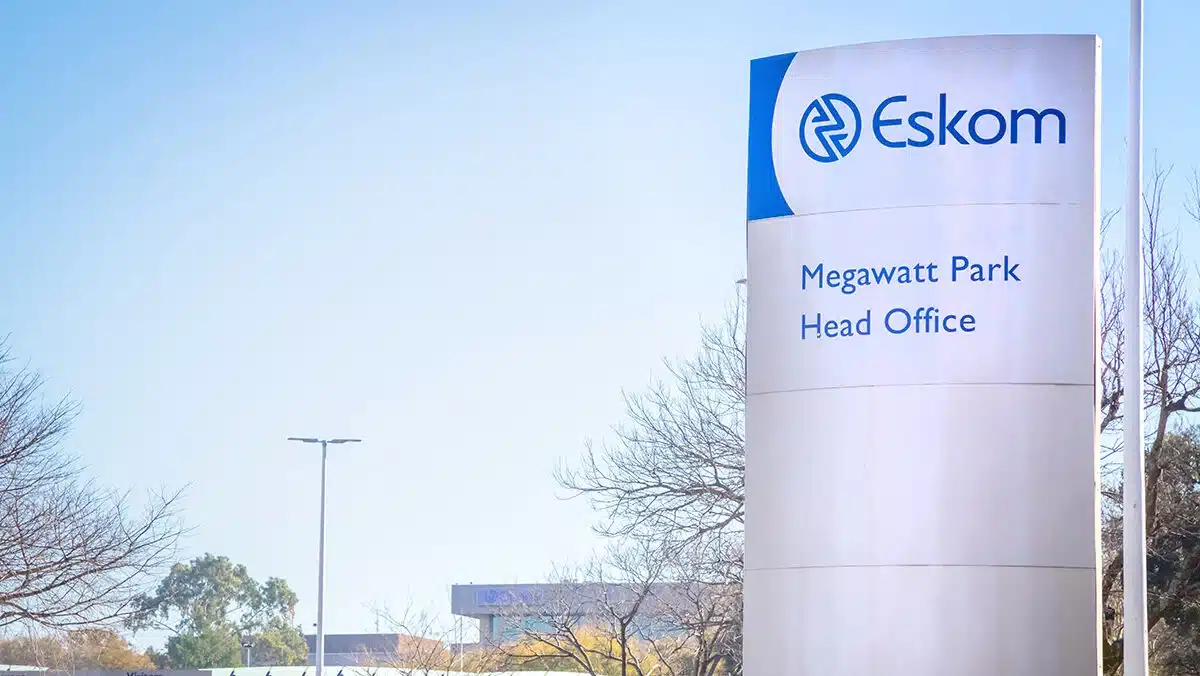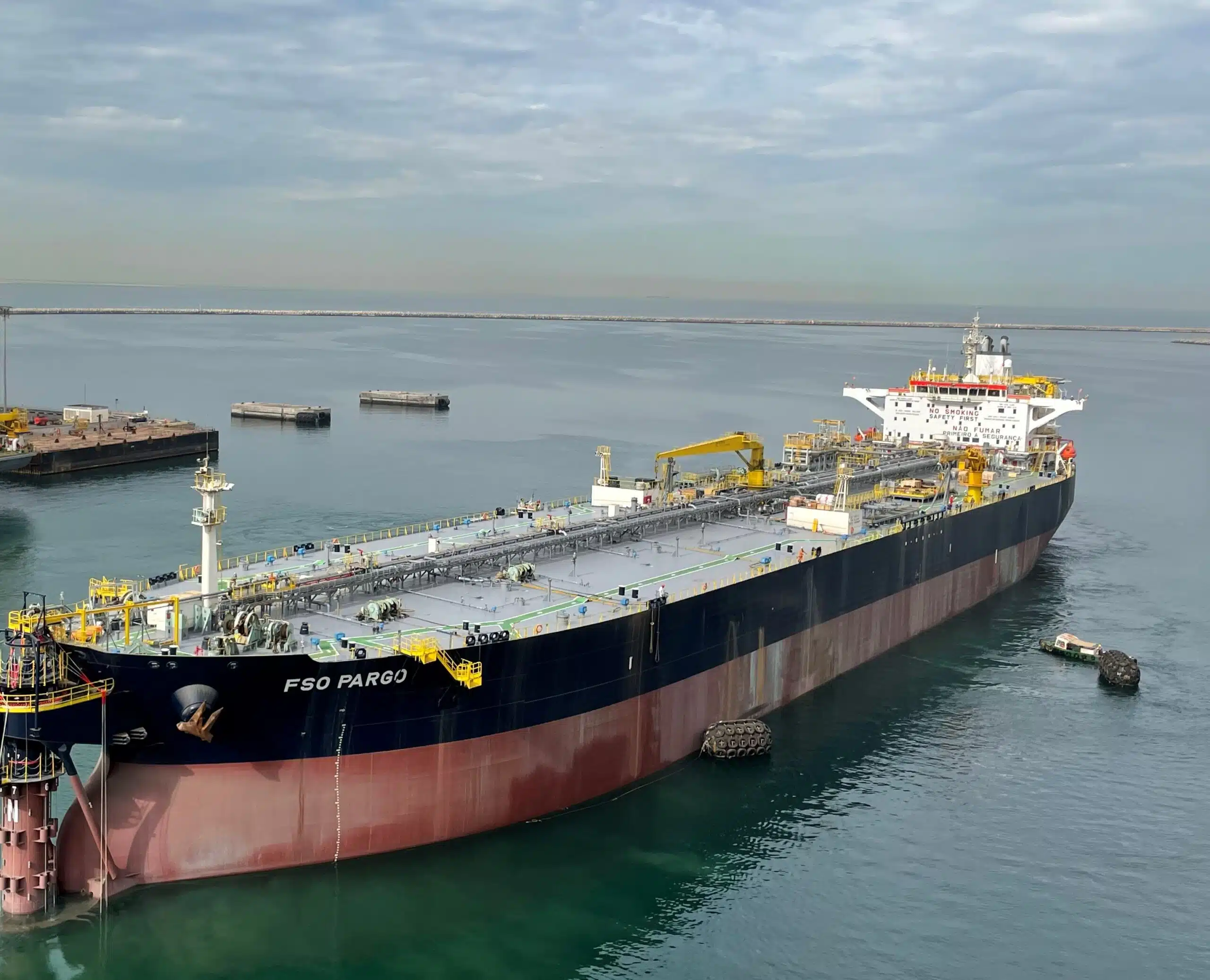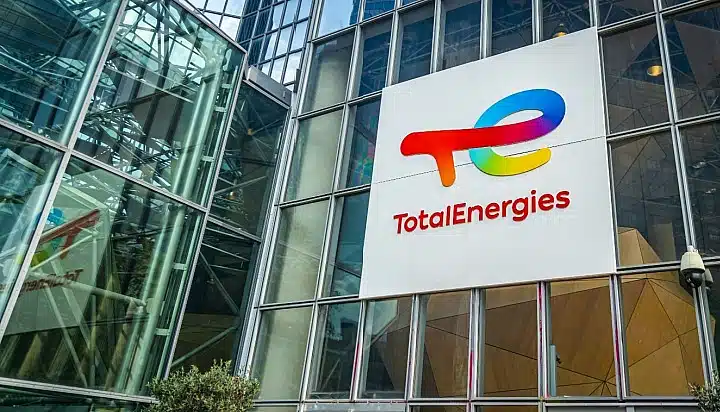Since its establishment in 2021 under the Petroleum Industry Act (PIA), the Nigerian Upstream Petroleum Regulatory Commission (NUPRC) has transformed the country’s upstream oil and gas sector.
In just four years, the Commission has repositioned Nigeria as a competitive and investor-friendly destination for upstream energy development.
Over these years, Nigeria’s upstream oil and gas sector has witnessed a wave of divestments from international oil companies (IOCs) with NUPRC directly involved to ensure smooth transitions and sustainable development.
These divestments, valued at over $6 billion, have not only reshaped asset ownership but also signalled a shift toward increased local participation and regulatory accountability.
Here’s a breakdown of the most prominent deals approved by NUPRC since it came on board.
Agip to Oando Energy Resources – $783 million
In one of the most high-profile transactions, Italian oil giant Eni divested its Nigerian Agip Oil Company (NAOC) onshore assets to Oando Energy Resources for approximately $783 million.
The deal included interests in four onshore oil blocks and two gas processing plants, increasing Oando’s participating interest in key OML 60, 61, 62, and 63.
Oando said the acquisition also increased its total reserves by 98% to one billion barrels of oil equivalent.
NUPRC’s approval followed a rigorous evaluation of Oando’s technical and financial capacity, with decommissioning liabilities secured upfront to prevent future environmental risks
Equinor to Chappal Energies – $1.2 billion
Norwegian firm Equinor exited Nigeria by transferring its stake in the OML 128 deepwater block as well as a unitised 20.21% interest in the Chevron-operated Agbami oil field to Chappal Energies.
Valued at $1.2 billion, this deal did not only mark Chappal’s entry into the deepwater segment, but also brought Equinor’s 31-year business in Nigeria to an end.
Consequently, Chappal Energies now owns 53.85% of OML 128, including interest in the prolific Agbami oil field. Agbami is one of Nigeria’s largest deepwater developments, spanning across oil mining leases (OML) 127 and OML 128, approximately 354 km southeast of Lagos.
NUPRC approved the deal in late 2024, hinging on Chappal’s ability to meet host community obligations and environmental remediation standards outlined in the Petroleum Industry Act (PIA).
Mobil Producing Nigeria to Seplat Energy – $1.3 billion
ExxonMobil’s divestment of its onshore and shallow water assets to Seplat Energy was one of the largest, estimated at $1.3 billion.
The assets include OMLs 67, 68, 70, 99 and 104, along with associated infrastructure including three export terminals, and five gas processing facilities.
Following this late 2024 deal, Seplat’s crude oil and condensate output had nearly tripled in the opening months of 2025.
NUPRC approved the deal after confirming Seplat’s operational readiness and securing over $400 million in pre-sale decommissioning and abandonment liabilities
SPDC to Renaissance Group – $2.4 billion
Shell Petroleum Development Company (SPDC) sought to divest its onshore assets to Renaissance Africa Energy, a consortium comprising ND Western Limited, Aradel Holdings Plc, the Petrolin Group, FIRST E&P Limited and Waltersmith Group.
In August 2024, NUPRC had initially rejected the deal, citing failure to meet regulatory standards.
While specific reasons were not disclosed, the Commission emphasised its commitment to strict compliance with the PIA and safeguarding host communities and environmental interests.
But after months of review, the deal was eventually approved in March 2025, ending Shell’s decades of oil operations in Nigeria’s onshore territories.
Beyond the outright transfer of several onshore and shallow water assets from IOCs to local operators, a few interest divestments among foreign companies have also been approved by NUPRC in recent years.
TotalEnergies to Shell and Agip – $510 million
In September 2025, NURPC approved TotalEnergies’ divestment of its 12.5% contractor interest in OML 118 to Shell and Agip for a total consideration of $510 million.
Operated by Shell, OML 118 is a strategic deepwater asset that includes the prolific Bonga field.
Specifically, TotalEnergies’ 10% stake in the license goes to Shell for $408 million, while Agip will acquire the remaining 2.5% for $102 million.
However, the transaction is subject to ministerial consent and processing fees, and the acquirers will have to assume all decommissioning, abandonment, and host community liabilities previously held by TotalEnergies.
TotalEnergies to Chappal Energies – $860 million
In July 2024, TotalEnergies announced plans to offload its 10% stake in SPDC to Mauritius-based Chappal Energies (partly owned by Aradel Holdings) for $860 million.
The deal had earlier received approval from the NUPRC in October 2024, which has now been withdrawn.
NUPRC said the SPDC deal fell through because the parties failed to meet their financial obligations.
“The ministerial consent was accompanied by certain financial obligations to the Nigerian people with strict deadlines. However, both parties failed to meet their financial commitments after repeated extensions, forcing the commission to cancel the deal,” said NUPRC spokesperson Eniola Akinkuoto.
Despite the setback, NUPRC said the deal may still be approved in the future if all of its conditions are met.
Regulatory backbone and future outlook
These divestments were guided by Sections 232 and 233 of the PIA, which place full responsibility for decommissioning and abandonment on licensees.
NUPRC also enforced upfront escrow arrangements and host community development obligations to ensure long-term sustainability.
The recent development in Nigeria’s upstream oil sector indicates a strategic recalibration of the industry toward indigenous ownership, regulatory rigour, and environmental accountability.
While divestment by IOCs has paved the way for indigenous growth, NUPRC says it does not necessarily mean that these companies are leaving Nigeria. Instead, it cites corporate strategy changes for this shift.
“Divestment is not exit,” said NUPRC chief Gbenga Komolafe in September, explaining that after farming out their onshore assets, IOCs have consistently ramped up deepwater investments, which offer lower operational risks and higher returns.
Over the last few years, IOCs that once dominated Nigeria’s onshore and shallow-water oil fields have shifted focus to deepwater assets.
Deepwater fields offer a cleaner, safer environment for oil operations.
Investment in these terrains is projected to grow as they offer easier pipeline monitoring, lower sabotage and compliance with global ESG demands.
Dublin-based Research and Markets reports that Nigeria’s offshore oil and gas production market is expected to grow at a CAGR of over 4% annually from $34.18 billion in 2023 to $47.03 billion by 2031.
Meanwhile, NUPRC has also recorded significant progress in Nigeria’s active rig count since it began operation. Rig count has grown from just 8 in 2021 to 69 by October 2025, marking a 762% increase.
This surge represents renewed investor confidence and heightened exploration and production activity across the country.
On the whole, in just four years, NUPRC has reshaped Nigeria’s upstream landscape from a legacy of opacity and underperformance to a dynamic, transparent, and investment-ready sector.

